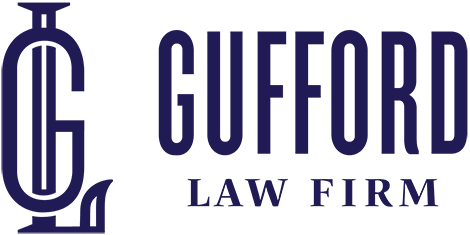Florida laws claim that there are assets that have to go through the probate process once someone dies. The probate court helps in keeping track of the assets belonging to a deceased person, clearing all their debt and taxes, and transferring the property to the inheritors. A major setback to probate is that the process takes too long, and it may be very costly. Therefore, many people avoid the process.
Probate is beneficial to property owners as it ensures that inheritance goes to the right person, thereby preventing fights amongst the heirs. However, not all assets go through the probate process. Legalzoom indicates that three types of properties do not go through probate and are not tied down by a will. They include:
- Joint tenancy property – These are assets co-owned by the deceased and someone else. In Florida, the right to survivorship law governs the joint tenancy properties where the surviving owner gets to inherit everything directly.
- Living trust – The state of Florida allows any assets held in a living trust to skip probate. The property owner creates a living trust. He transfers the assets to the living trust, which stays under the terms of the trust. The property owner also names a successor who will take control of the assets after they die.
- Beneficiary-designated accounts – It includes any assets that the owner may transfer to someone else by designation. It includes saving accounts, checking accounts, bonds, life insurance policies, stocks, and retirement accounts, amongst others.
- Enhanced Life estate deeds – Florida allows property owners to acquire an enhanced life estate deeds which enable them to maintain their Medicaid eligibility while still keeping their wealth. Their assets transfer to the beneficiaries without probate or being recalled by the state to clear the Medicaid benefits.
According to AgingCare, the assets that go through probate are those with the name of the decedent, those jointly held as tenants in common, and personal property without title documents amongst others. When someone attends the probate court, they should list all assets subject to probate in the inventory.
